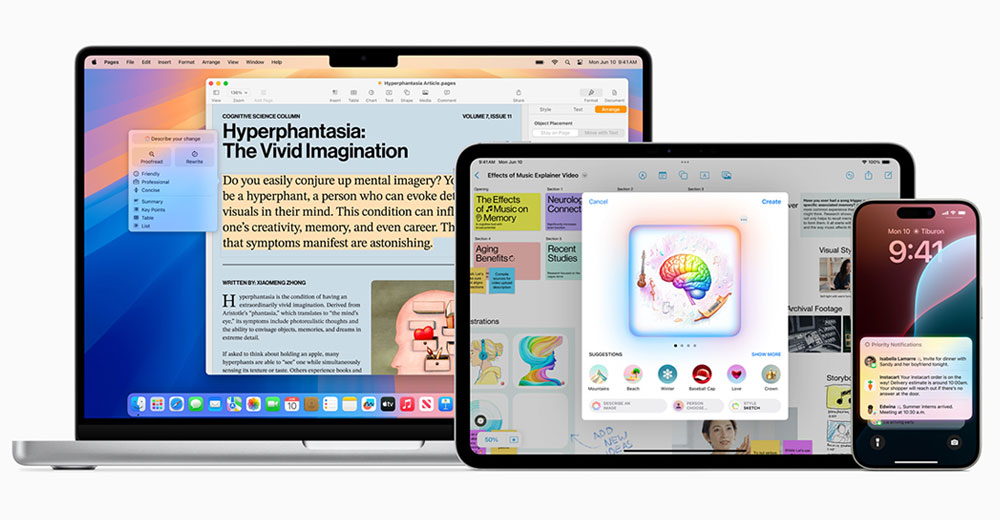
The Motion Picture Association of America has filed a complaint in the U.S. District Court of Los Angeles seeking a restraining order against RealNetworks.
RealDVD, which became available on Tuesday, violates the Digital Millennium Copyright Act, the MPAA maintains.
It is hardly surprising that the MPAA would take this stance. Using RealDVD, people can copy DVDs of movies and other content onto their PCs. This type of software is not new — but RealNetworks is the first large company to attempt to legitimize it.
RealNetworks is holding its ground. Indeed, it anticipated the MPAA’s response to the RealDVD launch and beat it to the punch by a few hours. In its own filing in the United States District Court for the Northern District of California, Real is asking the court to rule that RealDVD complies with the DVD Copy Control Association’s license agreement.
That license agreement puts the company on solid legal ground, RealNetworks spokesperson Bill Hankes told the E-Commerce Times. “We are hoping that court will address the DMCA issue, which is federal, as well as the matter of the license, which is a contract issue.”
The MPAA did not return a call to the E-Commerce Times by press time.
What’s in the License?
The main legal argument appears to focus on what the license granted under the DVD Copy Control Association really provides. The DVD Copy Control Association is a not-for-profit corporation that oversees licensing CSS (Content Scramble System) to manufacturers of DVD hardware, discs and related products. CSS is built into DVDs to prevent the unauthorized reproduction and distribution of copyrighted material released in DVD format.
MPAA is arguing that through the manufacture and distribution of RealDVD, RealNetworks has attempted to leverage its license improperly by permitting users to circumvent the protections of CSS.
The intent of the CSS license is not to authorize such a product, the MPAA contends.
For its part, RealNetworks insists that it fully complies with the DVD Copy Control Association’s license agreement.
Furthermore, Real points out, the DVD CCA previously lost a lawsuit over the same issues: In DVD Copy Control Association v. Kaleidescape, the trial court allowed the distribution of a product similar to RealDVD.
Explaining Technology, Not Law
Clearly, the license will be at the heart of both sides’ arguments, Paul Arne, who heads the Web 2.0 group at Morris, Manning & Martin, told the E-Commerce Times.
“I am sure they will delve into the nature of the license that has been granted: Is it a valid license? Does it cover the particular tech at issue here? Is RealDVD using the technology in accordance with the license granted? Basically,” Arne said, “there are all kinds of permutations to this questions that may or may not exonerate the defendant.”
The case is also sure to focus on the underlying technology of the product, since there is a clause in the DMCA that outlaws the creation of a device that is specifically designed to circumvent DRM technology.
“It is up to the courts to decide whether that ‘device’ is, for example, a Grokster or a BitTorrent or a RealDVD,” said Arne.
With two layers of its own DRM technology in place — plus the fact that it does not break encryption — RealDVD does not violate the DMCA, RealNetworks argues.
A law doesn’t have to be very technical to describe its end goal — in this case, prohibiting the circumvention of DRM technology, noted Arne. “It is up to the courts to decide whether this particular technology fits that description.”























































Social Media
See all Social Media